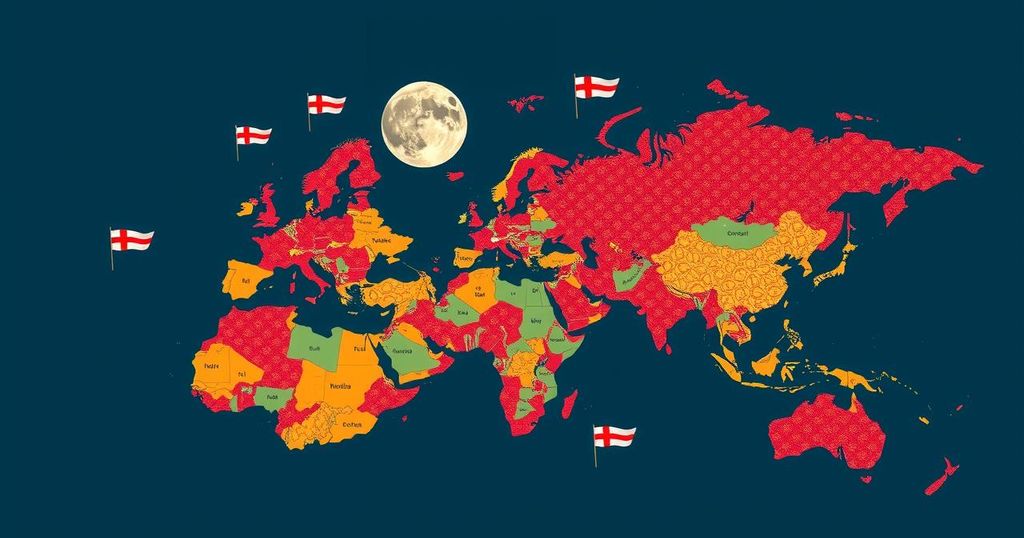Voters in Georgia will participate in a significant parliamentary election on Saturday that could redefine the country’s foreign alignment, potentially leaning towards closer ties with Russia instead of maintaining its Western orientation. The ruling Georgian Dream party pledges to avoid conflict, while opposition factions express concerns about increasing Russian influence.
As voters in Georgia prepare to head to the polls this Saturday, they face a decisive parliamentary election, one that stands as possibly the most significant since the nation achieved independence from the Soviet Union in 1991. The outcome of this election has the potential to shift Georgia’s longstanding commitment to Western alliances towards a closer relationship with Russia. The ruling party, Georgian Dream, asserts that its governance will ensure that the country remains free from conflict, primarily emphasizing stability and security. Conversely, branches of the opposition, comprising liberal factions, caution that Georgian Dream’s policies may inadvertently usher the nation toward increased Russian influence. This election thereby encapsulates a critical juncture for Georgia, as voters must evaluate their national identity and aspirations in light of regional geopolitics.
Georgia is strategically positioned at the crossroads of Europe and Asia, serving as a crucial player in the geopolitical landscape of the region. Since gaining independence in 1991, the nation has primarily oriented itself towards the West, aspiring to integrate into European structures such as the European Union and NATO. This orientation has been challenged by the rising influence of Russia, particularly following events such as the 2008 war between Georgia and Russia, which resulted in the latter’s recognition of the breakaway regions of Abkhazia and South Ossetia. As Georgian voters approach this election, the stakes are high; they must determine whether to maintain the trajectory of Western integration or to pivot towards a governance model more aligned with Moscow’s interests.
In conclusion, the upcoming elections in Georgia are not merely a domestic affair but a reflection of the broader struggle for identity and direction in the face of competing influences. As voters make their choices, they will indirectly decide the nation’s position in a tumultuous geopolitical arena, influencing not just their immediate futures but also the long-term relations between Georgia, Russia, and the West.
Original Source: www.washingtonpost.com







